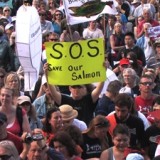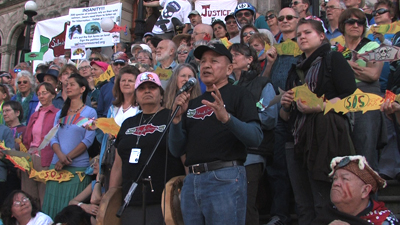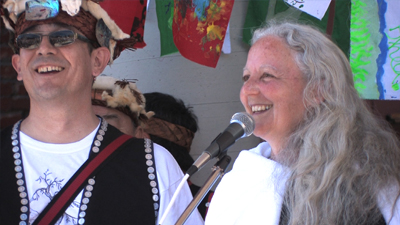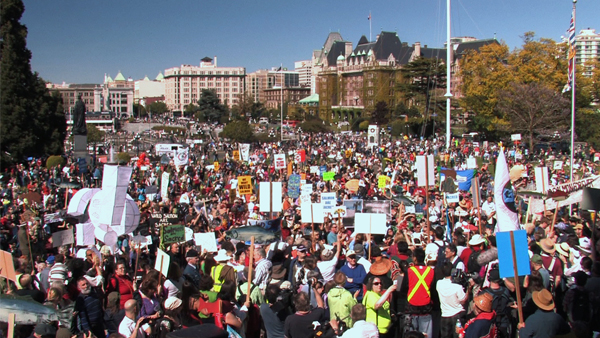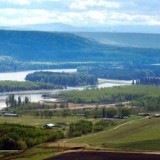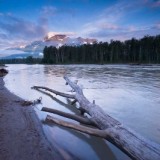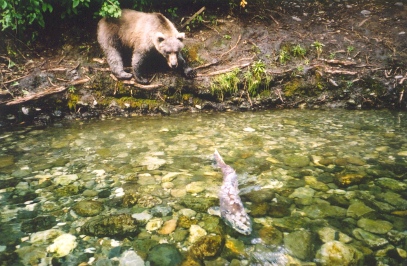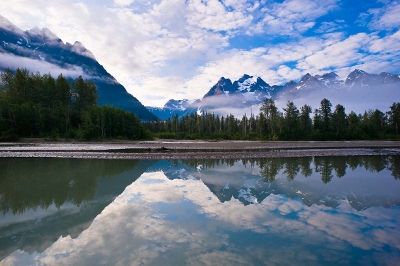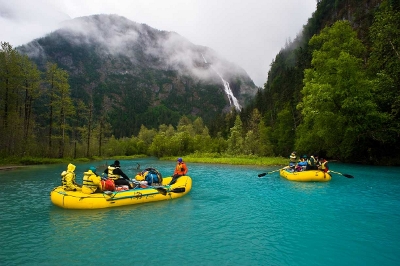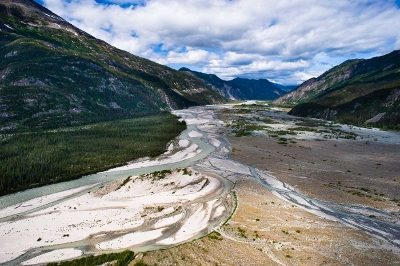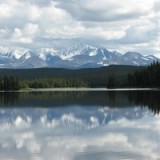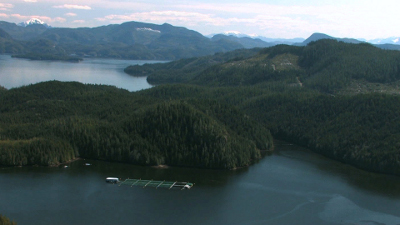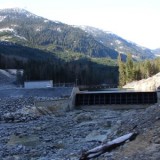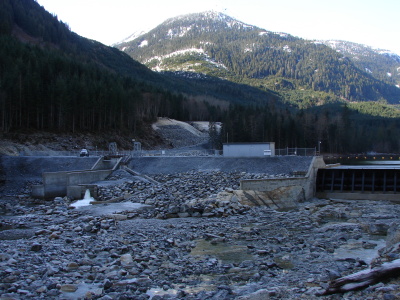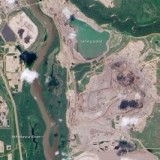The question of a third party in BC politics has a long history and once, in 1952, it actually worked as W.A.C. Bennett and 19 members of the Social Credit League (not even a party but sort of a monetary cult) had the most members in the Legislature. Bennett wasn’t made leader until after the election!
There was a big effort to pull off a third party in 1975 during the Dave Barrett NDP government. The moving force was called The Majority Movement, an idea concocted one Sunday afternoon in the Kamloops home of lawyer and Liberal heavyweight, Jarl Whist. Whist, along with me, were the named two founding members. The idea was to put in place a party of the middle to beat the NDP, it being seen that the Tories and Liberals were going nowhere fast and the Socreds were dead in the water. It worked – sort of.
The idea went through BC like a brush fire. The Kamloops influence was quickly taken over by Vancouver politicos with some help from Victoria political wanabes. What it did, however, was concentrate the mind wonderfully for those who wanted the NDP out. The Majority Movement had no policy, no party organization, no money and no leader. What happened was that of the three choices available, the Liberals led by Gordon Gibson, the Tories by Dr. Scott Wallace and the Socreds by Bill Bennett, son of W.A.C., the Socreds looked like the best bet. Bill Bennett was scarcely charismatic and a lousy interview but was great in small groups. What he lacked in charisma was made up and then some by the flash, charm, brains and organizing genius of Grace McCarthy. I don’t think that the Majority Movement can claim that it made the Socreds through any deliberate policy – but it did make the Socreds into one strong party because, however accidentally, it put the argument into focus.
The Socreds weren’t a “third” party in fact but in the sense that they rose from the dead it was substantially the same thing.
With the break-up of the Socreds in the late ’80s after Bill Vander Zalm snatched defeat from the jaws of victory, a new demand for a “third” party was created and one arose – the Liberals under Gordon Wilson. What’s important to note is that the Liberals were a third party in two important senses – they started the 1991 election with no MLAs and Wilson had formally divorced his party from the Federal Liberals. That was important for many reasons, the main one being that Conservatives could support them without being traitors to their national party.
Do we need a “third” party in BC now?
I believe that we do. The NDP is riven with internal strife, with a leader that is unsuited to BC politics and that is meant and is a compliment – for it’s no place for the polite and civilized.
Would a third party have support?
The polls show that people will vote for a third party but that vote is like a mining stock that goes up in anticipation and goes down with reality, for at this stage that number only represents disaffection for the current parties. And let me say here that the Green Party is not what the voter is looking for.
If the new party is a rebranding of the Conservative party it will go nowhere. This is a critical point. British Columbians have an extreme distrust for Federal parties mixing in their provincial affairs. You’ll never get BC Liberals or Independents for that matter supporting a party that is part of Stephen Harper, or any other federal Tory leader for that matter.
Is the NDP an exception?
Not really, for the NDP have never been a threat on the national stage and no one, even Jack Layton, thinks for a moment that the NDP could get elected federally.
It’s instructive to look at the NDP electoral history. With the exception of 2001, the year of the wipe-out, the NDP vote stays around the 40% mark, win or lose. Even in 1996 – the only time the NDP won an election that wasn’t handed to them by a crumbling Social Credit party – they had just under 40% of the popular vote as Gordon Campbell managed to lose an election he should have won.
What must be assessed is this: where is the political vacuum?
Well, it sure as hell isn’t on the “right”. Quite obviously it’s the centre. We scarcely need another right wing party and if the Conservatives in fact or in name or both try to attract the “middle” they will die almost at birth.
That’s what concerns me about Randy White. Fine fellow but with baggage we don’t need including Right to Life, which is a terrible election issue and is outside of provincial jurisdiction and – unless I’m mistaken (that’s been known to happen, though very rarely!) – the question of jurisdiction becomes irrelevant once an issue like that gets talked about.
The name of the party is important and I believe that the less specific, the better. If the old Socred Party could be revived (it’s still a good trademark) but it would surely bring the likes of Wilf Hanni out of the woodwork with all the other unelectable wanabes that always pop up on such occasions. Moreover, The Social Credit Party will be remembered by its most recent term in office, the Vander Zalm years, and that’s not helpful. It must be remembered that probably 50% or even more of the population was as yet unborn or very young when the good Socreds were in power (until 1986).
My suggestion for a name is “the BC Centre Party” which ties the name to no one. Simple, says where it’s at, and its Mission Statement clearly establishes the party as between the NDP on the left and the Liberals on the “right”. The critical point is that the name offends no one.
Leadership in the birthing process is critical. It doesn’t have to be someone who actually wants to lead the party in the next election and, in fact, better that he/she doesn’t, but is happy to represent what the new party stands for until it gets organized and selects its proper leader.
Will it happen?
Not likely. Randy White, John Cummins and other first class people will be unable to understand why the Conservative Party can’t rise again. (Again? The last time they were in power in BC was 1933!)
I’m afraid that however much a third party is needed, human frailties and misplaced allegiances will prevent it happening.


